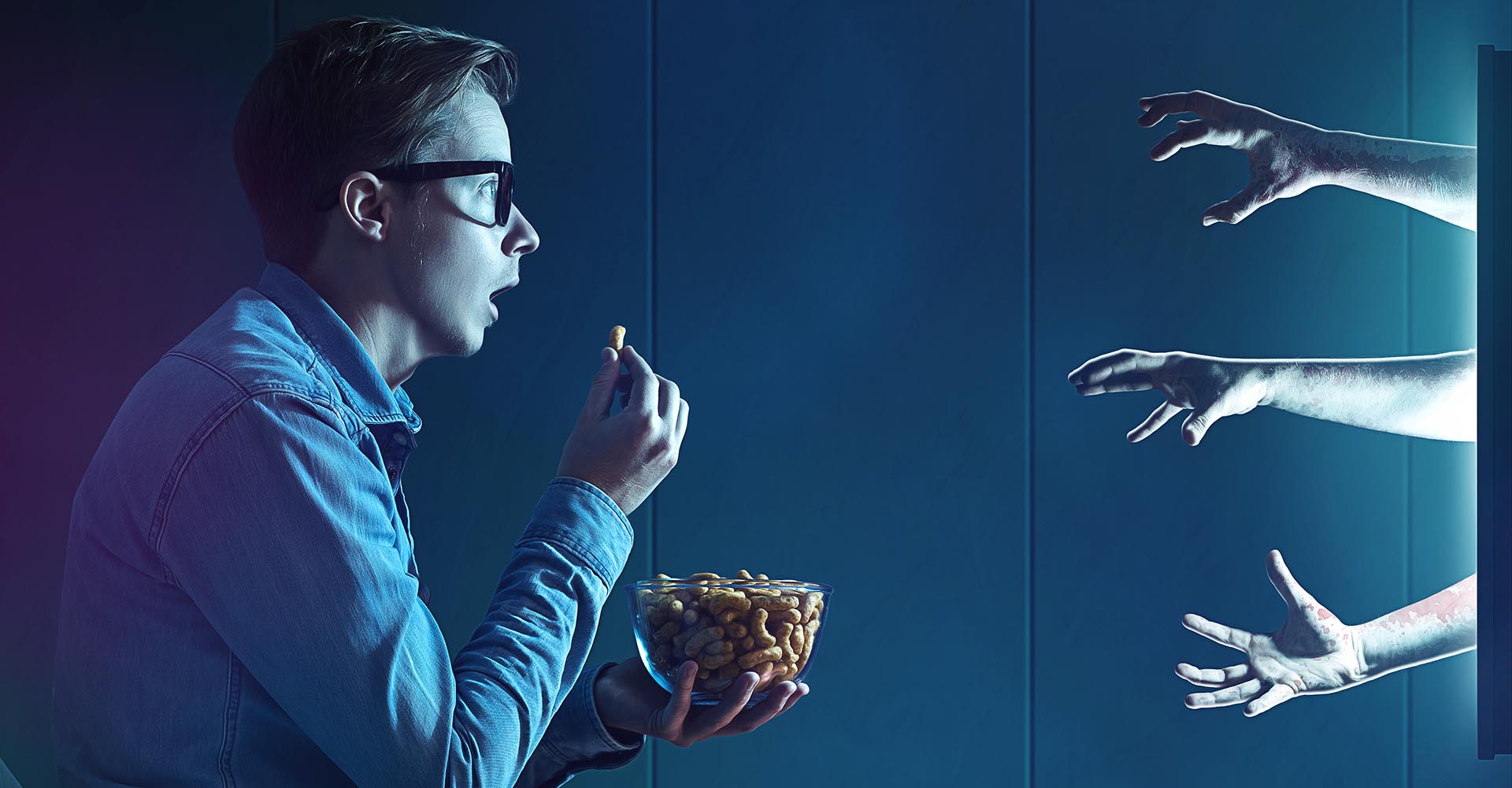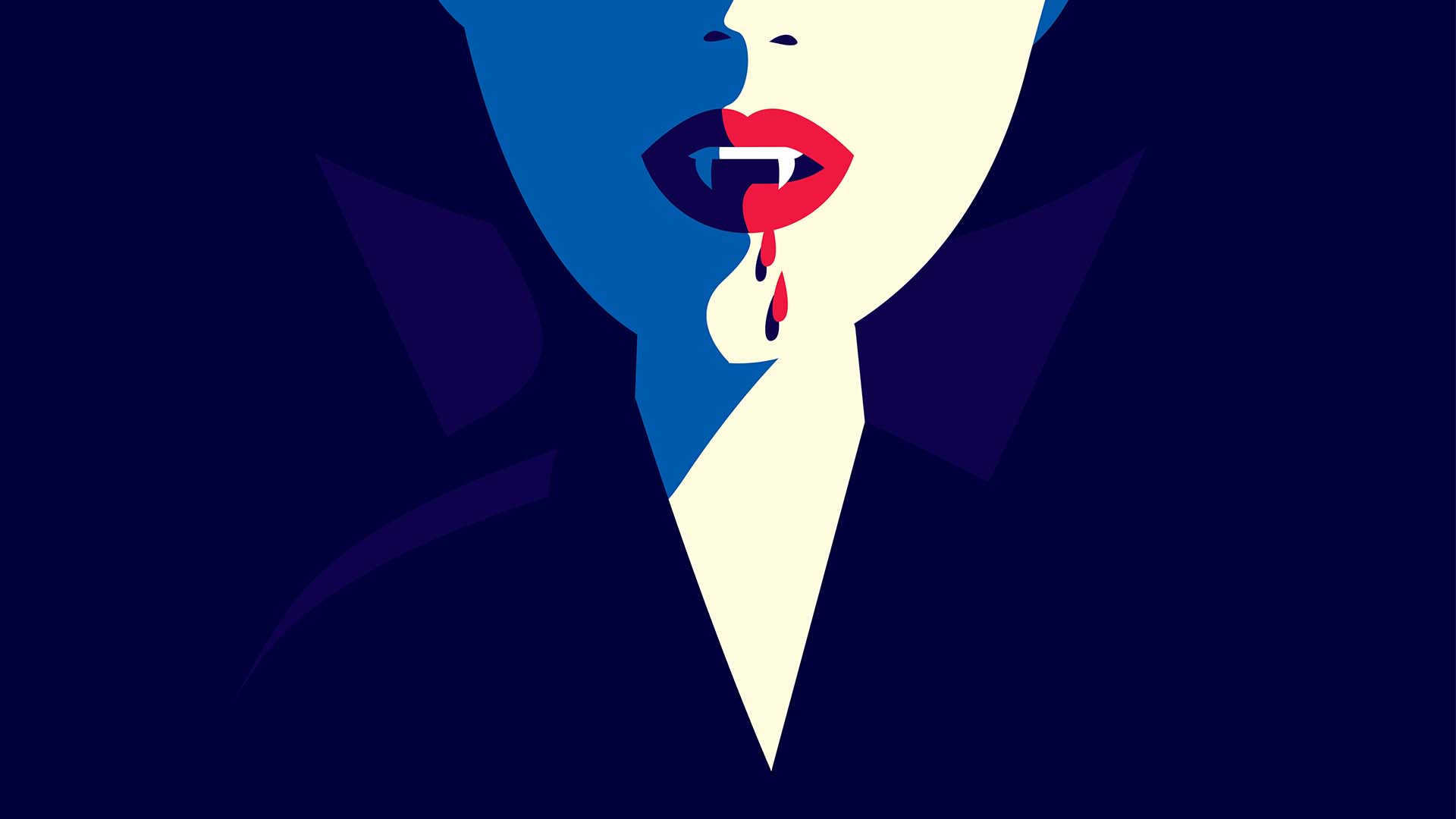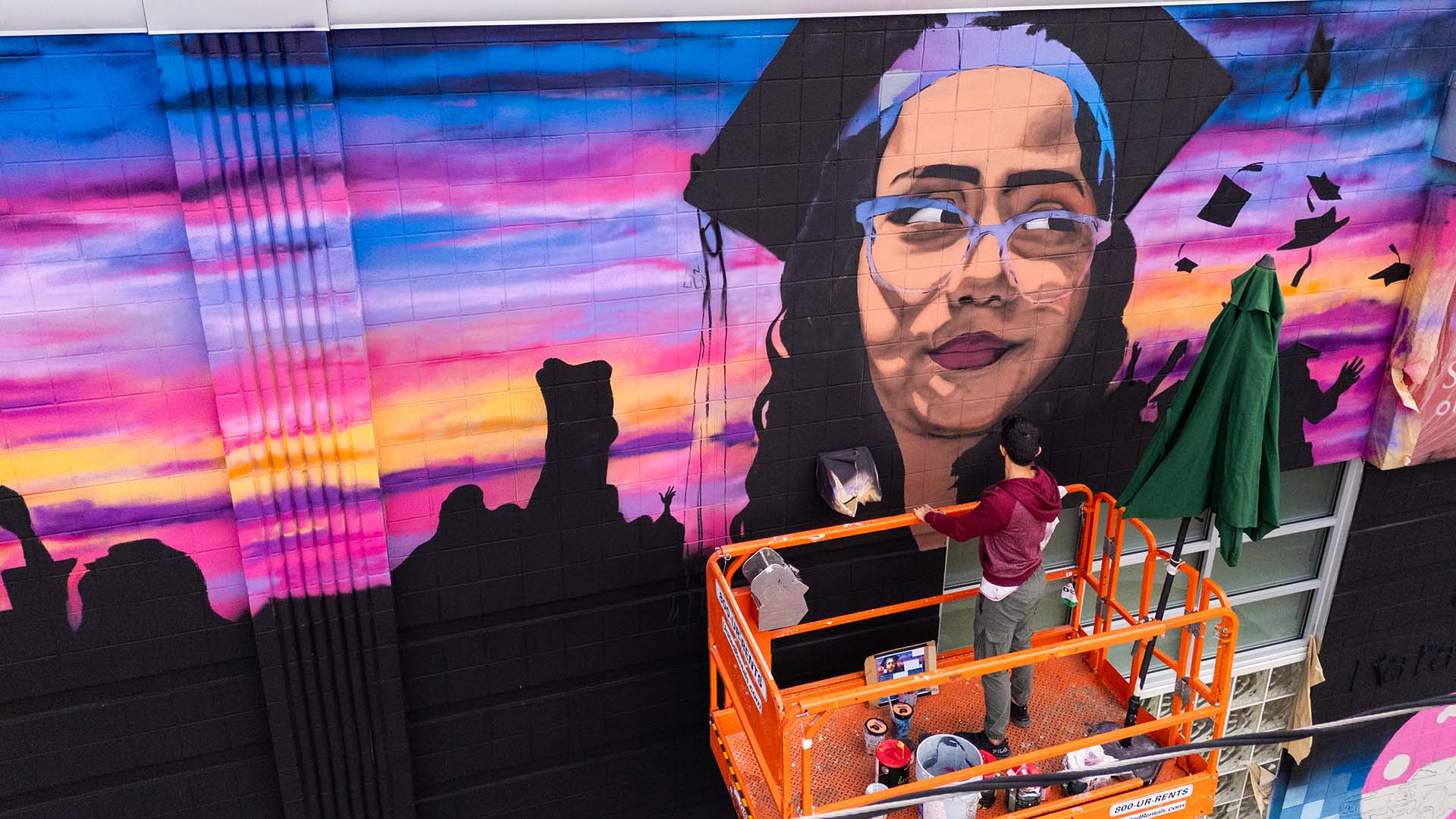Horror movie fans are better at coping with COVID-19
Here's why aficionados of the film genre are more psychologically resilient to the pandemic.

Watching a horror flick this Halloween? Apparently, you’ll have company.
One of the weirder consequences of the COVID-19 pandemic has been a significant uptick in demand for scary movies. According to Netflix and other major streaming sites, people are clamoring for frightening films – especially ones exploring themes of (you guessed it) contagion, infection and isolation.
And a fascinating new study may help explain why. According to a top team of psychologists, people who watch horror and dystopian movies appear to be more psychologically resilient to the pandemic.
Stressing the positive
The basis of the study is simple: Watching fictional scary stuff (horror movies) can act as a kind of psychological dress rehearsal that leaves you better equipped to deal with real-life scary stuff (such as a deadly pandemic).
“This new study ties in well with the concept of psychological hardiness,” explains Harvey Milkman, Ph.D., professor of psychological sciences at Metropolitan State University of Denver. “The concept argues that some people view stressful situations positively, as a challenge to be overcome and controlled.”
So as horror-movie fans repeatedly put themselves through shocks and spills, they gradually build a greater sense of control and resilience – what the study calls “effective coping strategies.”
“And ultimately,” Milkman says, “that might give them an advantage in an actual scary situation.”
Ready for anything
The study also found that people who enjoy “prepper” movies, such as films involving zombies, alien invasions and end-of-the-world scenarios, additionally demonstrated more actual preparedness for the COVID-19 pandemic.
But that makes a kind of sense, really. If someone spends enough time watching fictional nightmares such as “The Road,” “A Quiet Place” and “The Walking Dead,” where characters need to constantly improvise to survive in the face of social breakdown and grave physical threats, they’re bound to pick up a trick or two.
And there’s another reason the study subjects seem so resilient and prepared: They literally saw this coming. In retrospect, it’s impressive just how accurately many horror and prepper movies anticipated the world in which we now find ourselves. (The 2011 pandemic movie “Contagion,” for example – a huge Netflix hit when the lockdown started in March – was eerily spot-on in many of its virus-related details.)
Art imitating life
“When the fictional movies you watch start to seem indiscernible from your actual lived experience, it’s probably hard not to feel prepared,” Milkman says. To take a quick example: The “panicked shoppers fighting for grocery supplies” scene is an established trope of dystopian movies – you see it in almost every one.
So when people actually did start brawling over toilet paper in the aisles of Target and Walmart, prepper afficionados across the country must have been nodding in recognition. Ah, they would have thought: We’ve seen this movie before.
But one question remains: Why do people watch such traumatizing films in the first place? As the study wryly puts it: “Intentionally exposing oneself to fearful situations is, on its face, a peculiar phenomenon.”
Milkman says it’s because we all have different personality traits. Some people are natural sensation-seekers, simply hard-wired to crave excitement and arousal. “Horror fans need that adrenaline and dopamine rush to find pleasure and feel more alive,” he explains. “While others – including me, I must say – simply don’t want those kinds of images in their head.”







